When considering the replacement of glass in windows, exploring alternative materials opens a realm of possibilities that extend beyond traditional norms.
From the heat-resistant and impact-strong characteristics of polycarbonate to the lightweight and corrosion-resistant nature of aluminum, each material brings unique qualities to the table.
However, the question remains: which material stands out as the optimal choice for window replacement projects, ensuring both functionality and aesthetic appeal?
Let's delve into the realm of window material options to uncover the ideal solution for your specific needs.
Key Takeaways
- Polycarbonate offers superior heat resistance, UV protection, and impact strength, making it a viable glass replacement option.
- Fiberglass provides excellent insulating properties, durability, and resistance to warping, rotting, and corrosion for window replacements.
- Vinyl is an affordable alternative with customization options, durability, and resistance to rust, decay, enhancing property value.
- Wood offers exceptional insulation, energy-efficient aesthetics, and renewable properties, making it a long-lasting replacement for glass in windows.
Advantages of Polycarbonate
Polycarbonate stands out as a formidable alternative to glass due to its superior heat resistance, UV protection capabilities, and remarkable impact strength surpassing glass by 250 times.
When considering polycarbonate applications, it is essential to note its prevalent use in safety glasses, electronic display screens, and greenhouse panels due to its impact resistance.
In terms of maintenance, polycarbonate requires regular cleaning with a mild soap solution and a soft cloth to prevent scratching.
When comparing polycarbonate cost-wise, it is generally more affordable than glass, offering a cost-effective solution for various projects.
Its durability and lightweight nature make it an attractive option for those looking to replace glass in windows, especially in high-impact areas where safety is a concern.
Properties of Aluminium
Aluminium, a lightweight and corrosion-resistant metal, possesses exceptional thermal conductivity, making it a preferred choice for various structural applications requiring even heating distribution. Its properties make it an excellent option for window frames and other construction components. The table below highlights key properties of aluminium:
| Property | Description |
|---|---|
| Thermal Conductivity | Exceptional for even heat distribution |
| Corrosion Resistance | Protects against rust and deterioration |
| Lightweight | Facilitates easy handling and installation |
| High Strength-to-Weight Ratio | Provides durability without added weight |
| Applications | Suitable for building frames and motion control mechanisms |
Aluminium's combination of thermal conductivity and corrosion resistance makes it an ideal material for various applications, ensuring longevity and efficiency.
Benefits of Vinyl
Among the various materials used for window replacement, Vinyl stands out for its numerous benefits in terms of affordability, durability, and customization options.
Vinyl is a cost-effective option that provides exceptional durability, requiring low maintenance while being resistant to rust and decay. One of the key advantages of Vinyl is its ability to create personalized aesthetics, offering a range of colors and finishes to suit various design preferences.
Additionally, windows made from Vinyl have been known to increase the resale value of a property due to their long-lasting quality and appealing appearance.
Characteristics of Fiberglass
Fiberglass is an exceptionally durable material known for its strength and effectiveness as an insulator in various applications. When considering its use in window frames and insulation, several key characteristics stand out:
- Fiberglass Insulation: Known for its excellent insulating properties, fiberglass is often used to regulate temperature within structures, making it an ideal choice for energy-efficient windows.
- Durability: Fiberglass is highly durable, resistant to warping, rotting, and corrosion, ensuring longevity and low maintenance for window frames.
- Temperature Control: Due to its insulating properties, fiberglass helps in maintaining consistent indoor temperatures, reducing the need for excessive heating or cooling.
These qualities make fiberglass a popular choice for crafting window frames and various parts in home construction.
Advantages of Wood
Wood is a highly advantageous material for window construction due to its exceptional insulating properties and long-term durability. Wood offers renewable insulation, making it an environmentally friendly choice. It provides energy-efficient aesthetics, enhancing the overall look and feel of a property. Additionally, wood is known to provide insulation up to 400 times more than steel, making it an ideal choice for colder climates. Old-growth wood windows can last a century with proper care, showcasing its long-term durability. Below is a table summarizing the key advantages of using wood for window construction:
| Advantages of Wood | ||
|---|---|---|
| Renewable Insulation | Energy Efficient Aesthetics | Long-Term Durability |
Polycarbonate Vs. Glass
When comparing polycarbonate to glass for window construction, one can observe significant differences in properties and performance.
Polycarbonate Vs. Glass:
- Durability Comparison:
- Polycarbonate is 250 times stronger than glass, making it highly impact-resistant.
- Glass is more prone to breakage and requires careful handling to prevent damage.
- Cost Effectiveness:
- Polycarbonate is more cost-effective than glass due to its durability and longevity.
- Glass may be cheaper initially but can incur higher maintenance and replacement costs over time.
- Environmental Impact and Sound Insulation:
- Polycarbonate is recyclable and provides better sound insulation compared to glass.
- Glass production involves more energy consumption and has lower soundproofing capabilities.
Aluminium as Glass Replacement
In the realm of window construction materials, aluminium emerges as a viable and advantageous alternative to glass due to its exceptional properties and suitability for replacement purposes. When considering aluminium alternatives for window frame options, it is crucial to weigh the benefits it offers. Below is a comparison table highlighting the key features of aluminium as a glass replacement:
| Aluminium as Glass Replacement | |
|---|---|
| Lightweight | Corrosion-resistant |
| Excellent thermal conductivity | High strength-to-weight ratio |
| Nontoxic | Suitable for building frames |
| Excellent for motion control mechanisms | Titanium dioxide protection |
Using Vinyl for Window Glass
Utilizing vinyl as a replacement material for glass in windows offers a cost-effective and low-maintenance solution with customizable aesthetics and potential property value enhancement. Vinyl's durability and energy efficiency make it a practical choice for window replacements.
Here are three key points to consider:
- Durability: Vinyl windows are resistant to rust and decay, providing long-lasting performance in various weather conditions.
- Energy Efficiency: Vinyl windows offer excellent insulation, helping to maintain a comfortable indoor temperature and potentially reducing energy costs.
- Aesthetic Customization: Vinyl windows come in a variety of styles, colors, and finishes, allowing homeowners to personalize the look of their windows to match their preferences and home decor.
Frequently Asked Questions
Can Polycarbonate Windows Be Easily Customized to Fit Different Window Sizes and Shapes?
Custom fabrication of polycarbonate windows allows easy adaptation to varied window sizes and shapes. Its durability ensures longevity. Installation process involves precise measurements and cutting. Design options include clear, tinted, or frosted finishes for enhanced aesthetics.
How Does the Cost of Aluminium Windows Compare to Traditional Glass Windows?
Aluminium windows, despite higher installation costs than traditional glass, offer long-term savings due to their superior energy efficiency. Their durability and wide range of design options make them a valuable investment for properties.
Are There Any Specific Maintenance Requirements for Vinyl Windows to Ensure Longevity?
To maintain the longevity of vinyl windows, regular cleaning, inspection for leaks or cracks, lubrication of moving parts, and sealing gaps are essential. This ensures optimal energy efficiency, weather resistance, and prolongs the lifespan of the windows.
What Are the Environmental Impacts of Using Fiberglass as a Replacement for Glass in Windows?
Considering the environmental impact of using fiberglass as a replacement for glass in windows, its durability and insulating properties significantly reduce energy consumption and promote sustainability. Fiberglass contributes to long-lasting, energy-efficient structures with minimal environmental repercussions.
Can Wood Windows Be Painted or Stained to Match Different Home Aesthetics and Styles?
Wood windows can be painted or stained to match different home aesthetics and styles. Painting techniques allow for a wide array of color choices, while staining options enhance the natural grain of wood. Both methods offer versatility and customization.
Conclusion
In the realm of window replacement materials, each option serves a distinct purpose, catering to specific needs and preferences. From the heat resistance of polycarbonate to the strength-to-weight ratio of aluminum, the choices are vast.
Ultimately, the decision to replace glass in a window is a thoughtful consideration of functionality and design, where each material symbolizes a unique blend of durability, efficiency, and aesthetic appeal.

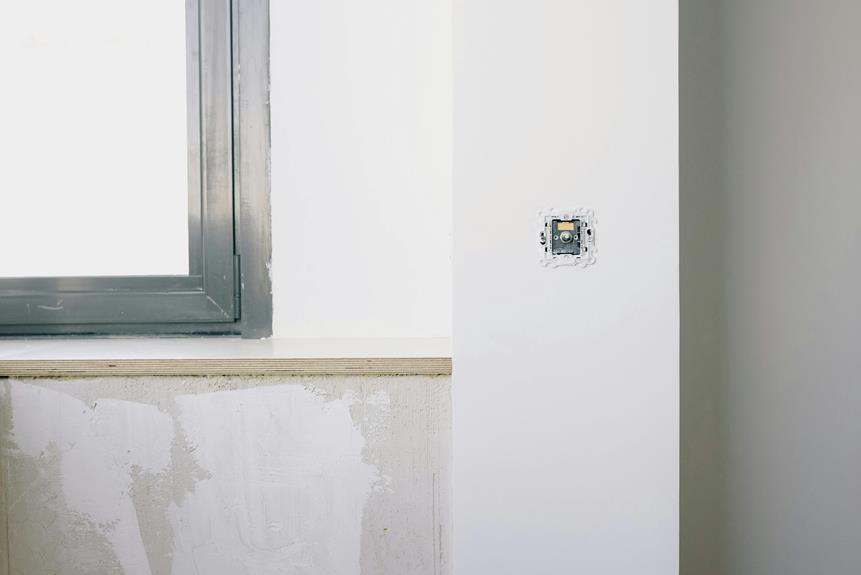








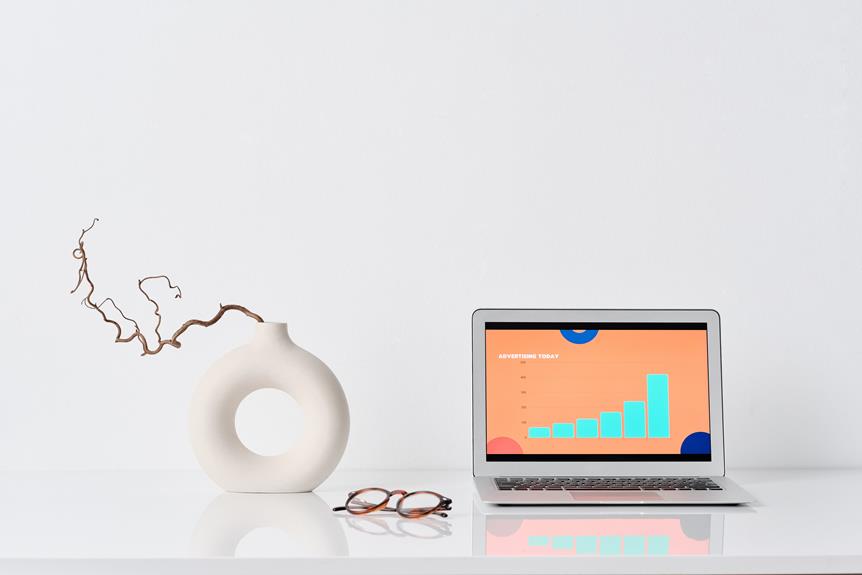







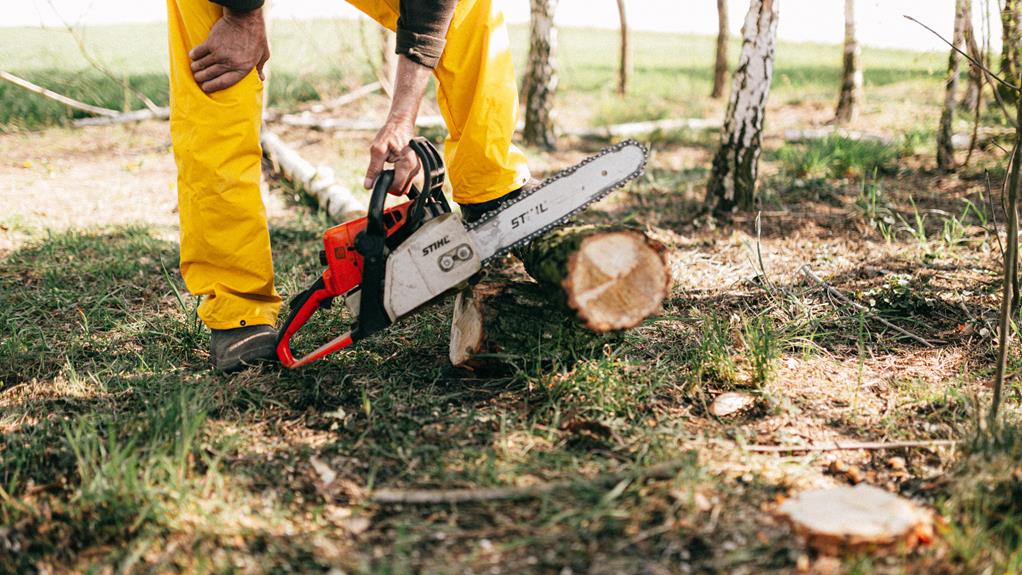
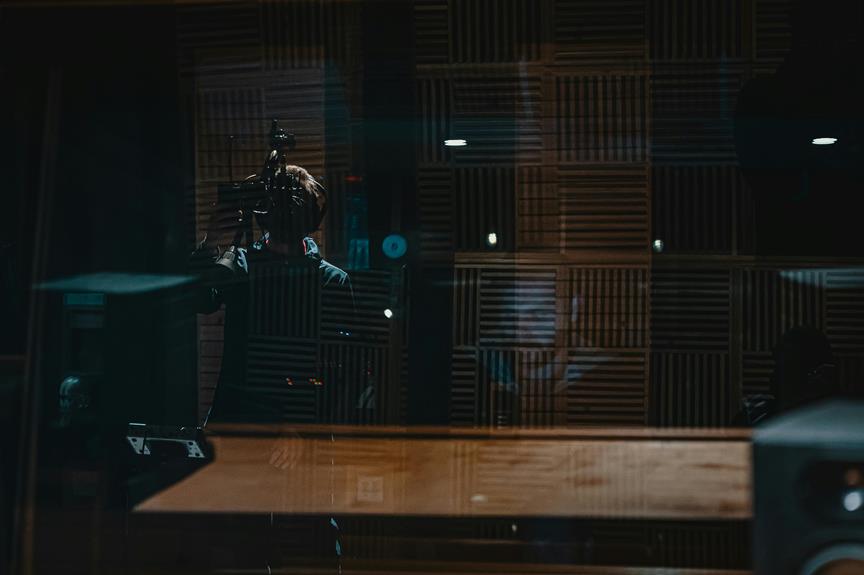



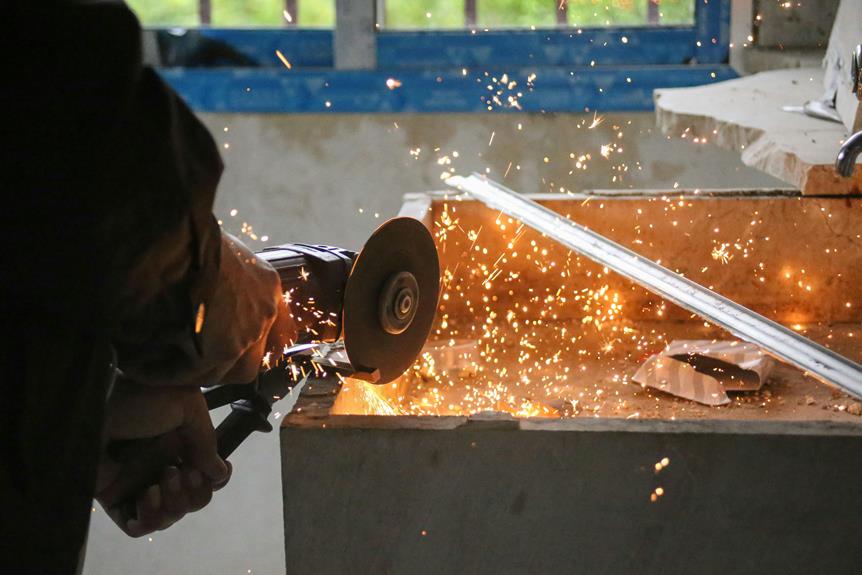



0